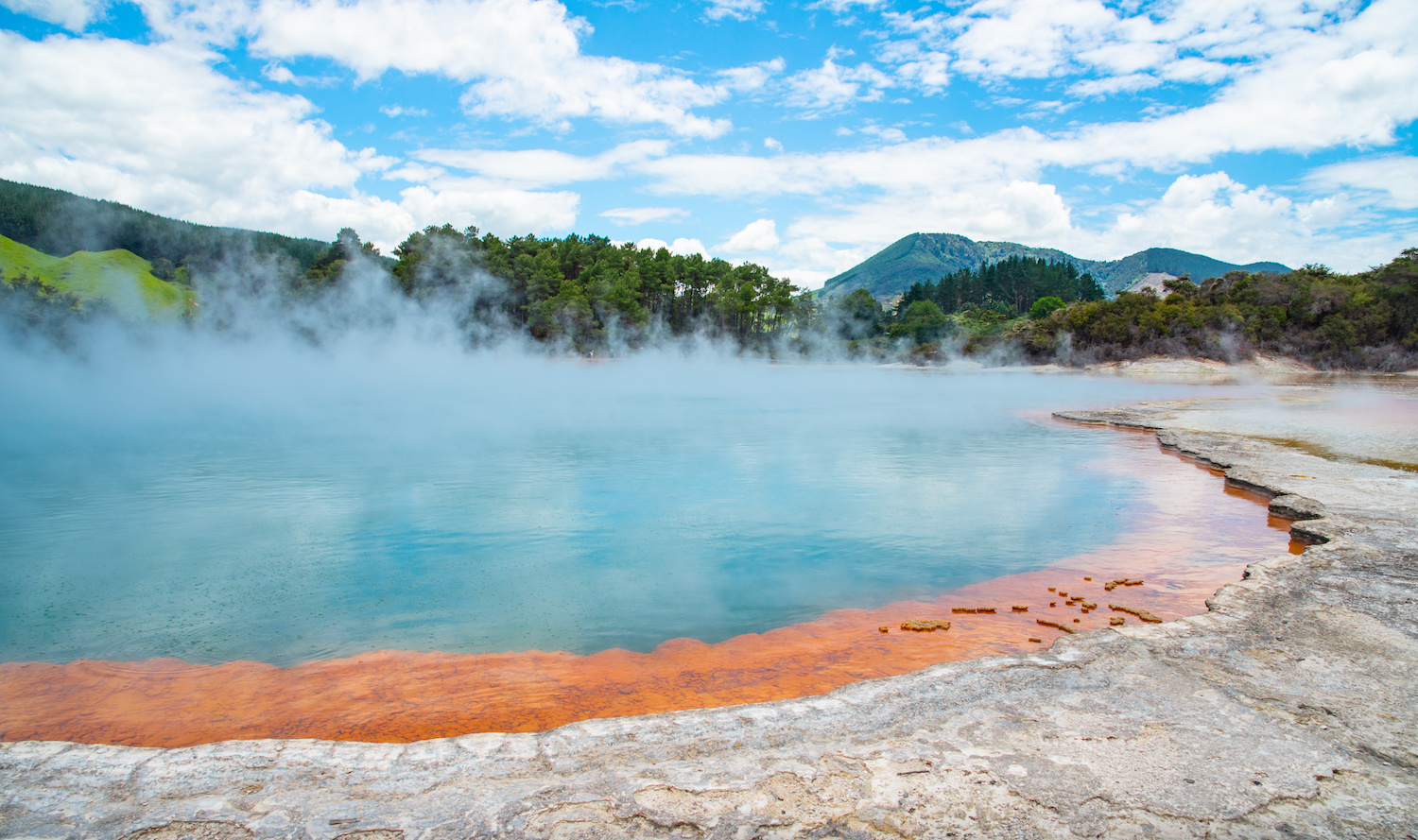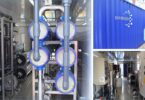In a world where climate change is a pressing issue, the search for renewable energy sources has become more important than ever. One such source is geothermal energy, which harnesses the heat generated from within the Earth’s core.
While it may not receive as much attention as wind or solar power, geothermal energy is a highly efficient and reliable source of renewable energy. It has the potential to significantly reduce our reliance on fossil fuels and curb the emissions that contribute to global warming.
We have spoken to Rockwater Australia to explore how geothermal energy is making a difference in the fight against climate change, and how it’s helping to reshape the energy landscape. Join us as we delve into the world of geothermal energy and discover why it’s a key player in the transition to a more sustainable future!
What is Geothermal Energy?
Geothermal energy is heat from the Earth. It is a renewable energy source with many applications including, heating, cooling and electricity generation. It results from the flow of heat from the centre of the earth and the radioactive decay of radiogenic minerals. Higher gradients occur where overlying low thermally conductive sediments occur or where there is upward groundwater movement from deeper levels in the aquifer. Geothermal gradients in the Perth Basin vary from about 15 to 45 deg. C/km.
Applications of geothermal energy include three general categories:
Ground Source Heat Pumps (GSHP) – 5 kW to several MW: Open & Closed Loop – can be applied anywhere
Direct-use – 500 kW to 10’s MW: Hot water/heat used directly from the resource
Electricity generation – 100 kW to 100’s MW: Deep hot sedimentary aquifers or enhanced geothermal systems resource. This energy is available 24/7 compared to other green energy sources like wind and solar that only periodically available.
How Rockwater is Curbing Australia’s Emission Fuel Growth Through Geothermal Innovations
Rockwater has been largely involved in establishing direct-use geothermal systems for heating of aquatic centres, as well as some shallow GSHP systems for heating and cooling of large buildings.
A direct-use geothermal is typically 20 to 30 more energy efficient than a gas boiler system and can save $200-$500K/annum in utilities (gas costs) and 2,000- 3,000 T in CO2 abatement. GSHPs are typically 5-8 times more efficient compared to a standard HVAC system.
How Rockwater is Developing Geothermal Energy for a Greener Planet
There has been significant growth in the installed geothermal capacity in Perth over recent years. See graph below:
There is also growing interest in Victoria and other parts of Australia with rising gas costs. As the leading consultant in geothermal projects in Australia, Rockwater has been involved in most of these projects.
For example, the City of Armadale utilises a direct-use geothermal system to provide environmentally sustainable heating for the Armadale Fitness and Aquatic Centre.
The geothermal system comprises a production bore, AACG 1, heat exchange units in a plant room, an injection bore designated AACG 2, and all associated pipelines and fittings. Annually the geothermal heat exchanged is about 3,000 MWh and has a COP of about 28. The estimated utility cost savings since commissioning are $520,000, equating to about 2,400 tonnes of carbon dioxide (CO2) emissions abatement.
Deep Direct-Use Geothermal Systems
- Targeting the Yarragdee Aquifer
- 24/7 availability
- Estimated gas savings AU$250 to $500K/annum
- AU$3 – 5 million Capex payback: 8 to 15 years
- Vertical separation bores could be located within 20m of each other
Learn more about Rockwater’s work: GEOTHERMAL – Rockwater – Hydrogeological & Environmental Consultants


Miranda Taylor, Principal (Director), has over 20 years’ experience in groundwater consulting and joined Rockwater following the completion of a Bachelor of Science (Hons) in Geology and Environmental Geoscience at the University of Western Australia. She is experienced in the fields of groundwater exploration, aquifer assessments, geothermal project development, mine dewatering and managed aquifer recharge. Miranda regularly undertakes hydrogeological assessments which include the use of numerical modelling techniques. She has conducted numerous groundwater sampling programmes and has supervised drilling, bore-construction, and testing operations.
Summary
The growth of geothermal energy as a green energy source has been fast with increased demand as countries look for alternatives to fossil fuel. It is a renewable source of energy that does not depend on outside sources like wind or solar. It is most commonly found in the form of ground-source heating and cooling, venting systems for cooling buildings, and geothermal energy production.
There are some drawbacks to geothermal energy, including the fact that it is not available everywhere. However, it has a number of advantages over other renewable resources including the rapid growth of geothermal energy as a result of a number of factors, including increasing awareness of the environmental impact of fossil fuels as well as government financial incentives. As more countries look to put an end to their reliance on fossil fuels, geothermal energy will likely continue to grow.
Get in touch to submit an article to H2O Global News.







